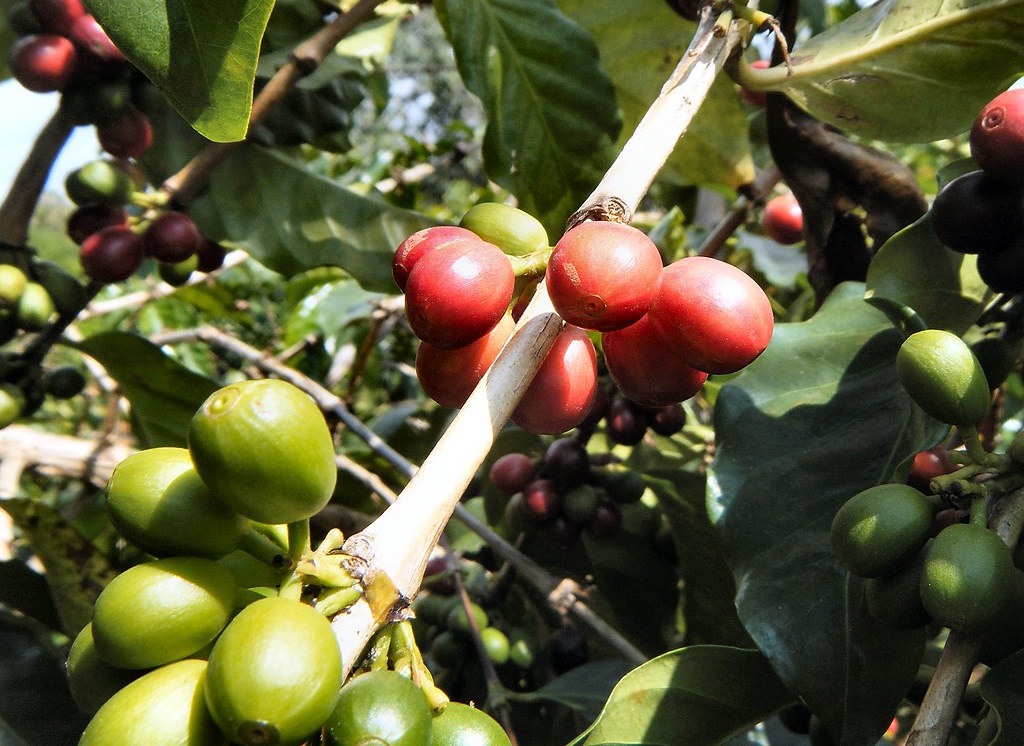If you are currently following a ketogenic diet, also called keto, then you have probably…

Global Coffee Platform Launching Modern Day Slavery Initiative in Brazil
The nonprofit Global Coffee Platform (GCP) is launching a four-year initiative tackling the ongoing issue of modern day slavery in the Brazilian coffee sector.
Organized in coordination with the Brazilian slavery eradication group InPACTO and the Brazilian exporters council Cecafé, the four-year initiative will involve a broad range of implementing partners such as coffee cooperatives, traders and extension service providers, with funding from international coffee roasters, retailers and coffee service partners.
The GCP has not publicly attached a dollar amount to the initiative, although its network of more than 150 members includes some of the largest coffee trading and roasting companies from all over the world. The group is actively asking for support from actors throughout the global coffee community, including roasters, retailers, traders and other NGOs.
Brazil, the world’s leading coffee producer by volume, has a long documented history of incidences of forced labor and human trafficking in numerous agricultural and industrial sectors, including coffee.
That said, the country has also been a leader in working to address slavery-like conditions, with the government since 2004 maintaining a registry — commonly referred to as the “dirty list” — of companies that have been found to have engaged in forced labor practices and human trafficking.
GCP traces its initiative back to the condemning 2016 report from the Danish investigative nonprofit Danwatch that found numerous troubling instances of forced labor and child labor in Brazil’s coffee sector. When Danwatch approached numerous large coffee buying companies with this evidence, none of them admitted to being aware of specific incidences of illegal labor in their supply chains.
Yet just last week, nine workers were rescued from modern day slavery conditions at a coffee plantation in the Brazilian growing region of Minas Gerais. Last month, 34 additional workers were rescued from modern day slavery conditions at a coffee plantation in Campos Altos.
According to the executive director of the Brazilian investigative journalism nonprofit Reporter Brasil, nearly 55,000 workers have been rescued from modern day slavery in Brazil since 1995.
Launching next month after several months of planning, the GCP initiative will be focused on the main growing areas of Minas Gerais and Espírito Santo. The group says the project is designed to identify the underlying conditions leading to modern day slavery then develop a leadership network for scalable, region-wide behavior changes.
Such changes may be exponentially harder to come by as, by all accounts, modern day slavery all over the world is expected to increase as governments divert a greater share of their resources towards the COVID-19 pandemic.
“We know that no single action can ever fully solve the complex social issues leading to poor working conditions and labor abuses in the coffee sector,” GCP said in an announcement of the Brazil initiative launch this week. “However, we believe there is a good chance to overcome these problems if we work together through an effective model to mobilize coffee sector support and collective action from the ground up.”
Related Reading
Nick Brown
Nick Brown is the editor of Daily Coffee News by Roast Magazine. Feedback and story ideas are welcome at publisher (at) dailycoffeenews.com, or see the “About Us” page for contact information.





